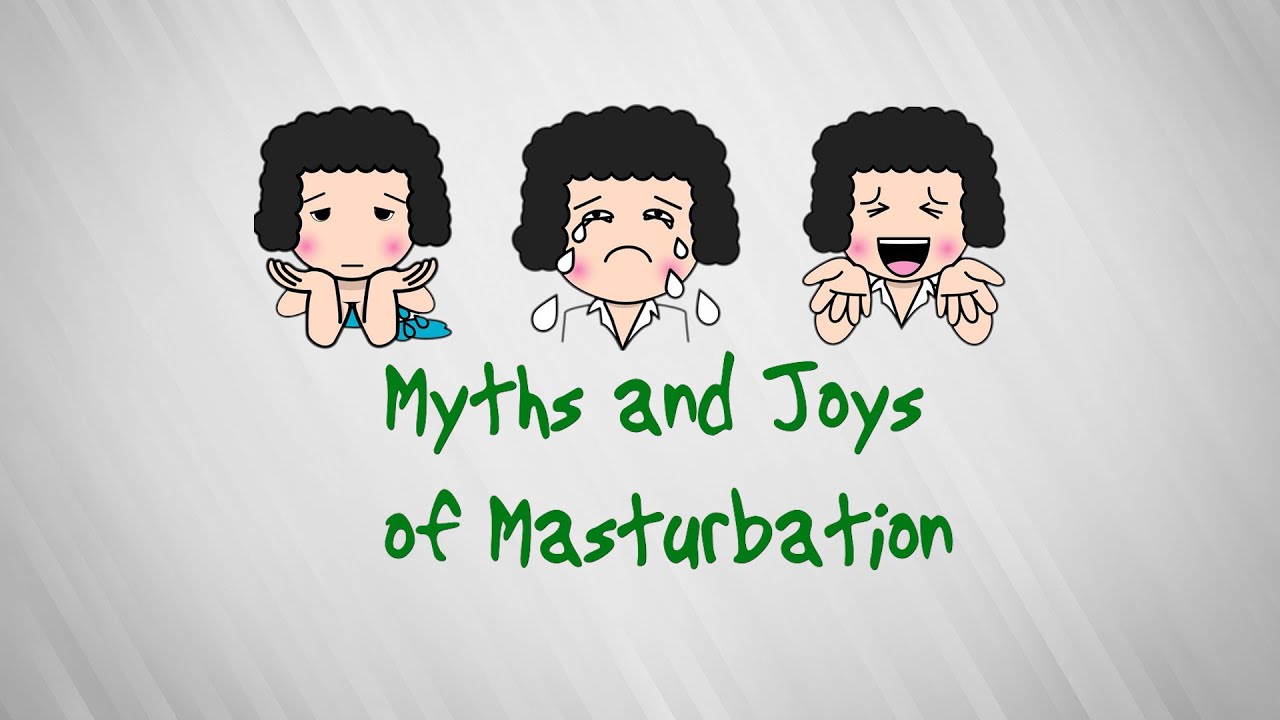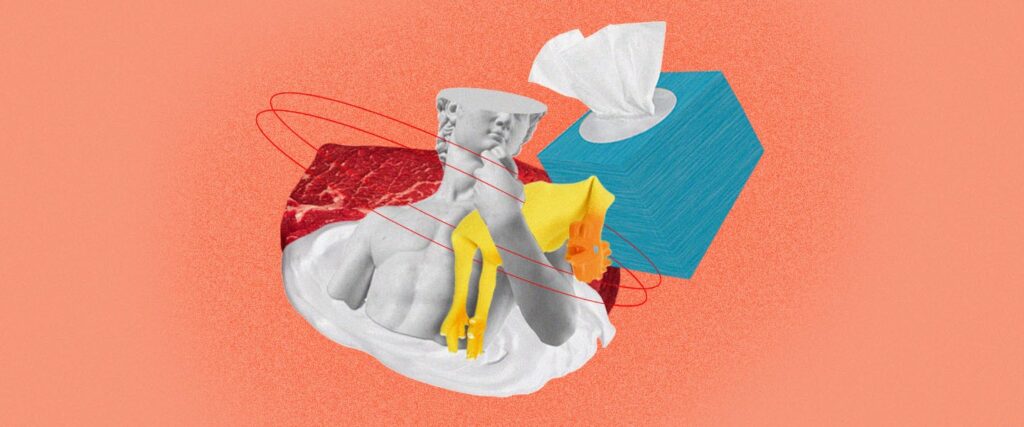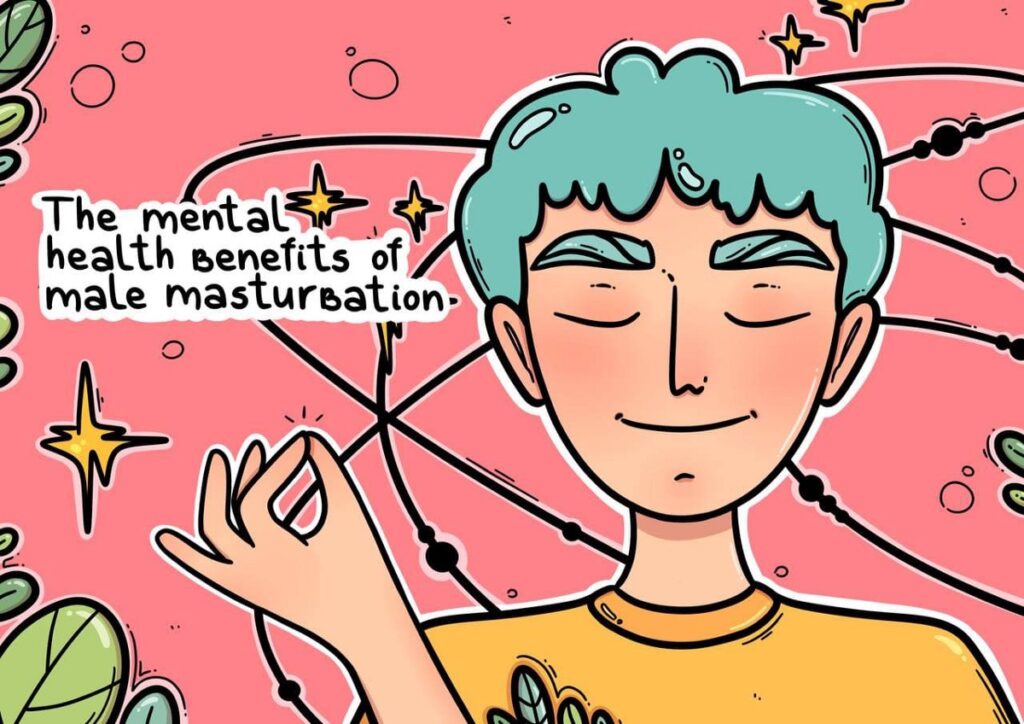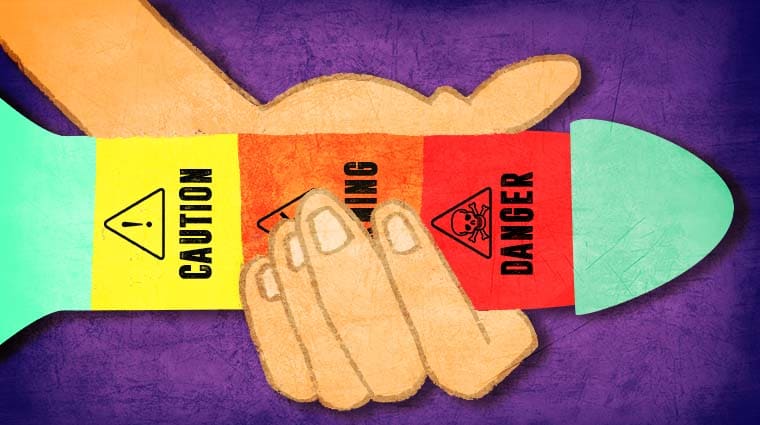Shake It! Let’s Demystify Masturbation Now!
To begin with such a piece, it is essential that masturbation, at the initiation, be considered an important topic to deliberate upon. It is as essential a repository of questions, as the domain of menstruation. Stigmas and misconceptions about masturbation have persisted through different generations, and continue to do so. Further, to prevent the misconception on both sides of the debate, it needs to be addressed from the view of sex education through cultural and scientific perspectives. Both have made human civilization, and two are needed to explain any problem at hand.

Is masturbation bad, unhealthy, or shameful?
The basic question cannot be better than this – if masturbation is as negative as some perceive it. To which, cultural and scientific answers can be given to justify that masturbation is the most natural and normal reaction of the body as it is entering into puberty. Masturbation is conceived as an important aspect of manhood (note: it is also associated with manhood). However, the conception with this view has led to a series of incorrect conclusions from different ‘experts.’
A study observing the generational trajectory in this domain has remarked that myths about masturbation can be found not only in the archives of Indian society but across the globe in local colors of different countries. It was associated majorly with erotophobia (a.k.a fear of anything sexual) (Kontula; Mannila, 2002). In the same work, the author has provided evidence that masturbation, instead of harm, does more good for a person going through sex therapy.

Why the stigmas and taboos around it?
For the unconvinced ones, it is important to consider the other side in this debate. The consistent concern about its harm to the health of a ‘male’ and a ‘man’. Masturbation, as a part of the body’s natural process, does not harm it. However, its perception as harmful is linked with regressing mental and physiological processes. Lakhan et.al. has provided evidence from the field study in Gujarat that men in general associated the idea of ‘harmful’ with masturbation not based on a disease or disorder, but on the grounds of ‘semen loss,’ ‘semen thinning,’ ‘loss of manhood,’ and ‘impotency.’ However, the sample was found to be conceiving these ideas from the preachers who stressed upon the retention of semen for having a successful married life (2001).
In another study, it was found that the idea behind such stigmas is that it is a lowly sexual activity that should not be practiced by adults (Arafat; Cotton, 2010). This information, in continuation with the former work, can be found as a strong motivating factor for some adult men to engage in multiple sexual affairs (Lakhan et.al. 2001). On the other hand, the act of masturbating gets connected to freedom also, when a woman is brought into the discussion. Within a binary framework of gender, women were found to be carrying the idea of shame and guilt. It was a result of the constant lack of autonomy and education and overdose of religious explanations about their body and their needs (ref). These works have reiterated that the perception of masturbation can lead one to either enjoy it, or be in a state of anxiety, guilt, and fear.

Busting the myths around masturbation
Fortunately, the seekers find the right answers. Masturbation has been the topic of medical and cultural research. Both have addressed it with critical works, examining different sections of society. To answer some of the basic questions related to masturbation with medical references:
- Masturbation does not lower/thin/deplete the semen count in an individual. The body produces sperm daily, and the quality of semen is dependent on one’s nutrient intake.
- It is a natural, biological, and normal reaction of the body to sexual arousal or urge. Unfortunately, it is still considered taboo due to its private nature and archival bias against it.
- Excessive masturbation is a myth. The frequency is subjective i.e. you shake as and when you need it. However, the urge to masturbate should not interfere with your social, occupational, and mental processes.
- One is responsible for one’s body. Thus, the number of times it is healthy to masturbate is directly proportional to your state of health. If one finds daily/regular masturbation as draining then it is a ‘stop’ signal.
- Further, masturbation if found to be taking away time from social or occupational life can be considered as a problem to be addressed. Like the public should not infringe on private time, private action should not disrupt public commitments.

Health benefits of masturbation
On the other hand, with one’s awareness of one’s need to masturbate, one can acquire some health benefits from masturbation too:
- It acts as a distressing act.
- It is the safest sexual act that allows one to be protected from STIs and STDs.
- Masturbation involves play with different points on the body. It, thus, provides an opportunity to explore one’s sexual preferences and erogenous points.
- For a female, masturbation is a liberating act of body and sexual exploration.
- It makes one independent of the urge to engage in intercourse always.
- It allows one to develop a better sexual life.

What if there are problems related to masturbation?
As it is natural to the body, it is important to understand it from the perspective of possible problems also. One needs to be aware of the following pointers as per the medical reference gathered to consult a doctor about one’s masturbation practice:
- Mark it if there is soreness or rash or scratch around the penis. This could be due to the use of a rough rubbing surface or hard shake of the penis.
- Mark your tendency of missing out on appointments or commitments. In such a situation, you can practice routine masturbation, which will not disrupt your daily timetable.
- A low nutrient diet, lacking the required protein and calcium, can be a reason for someone to feel weakness after masturbation. However, if it leads to hair fall, lethargy, and body pain, it is a good time to consult a doctor for a review.
- If a person finds problems like early ejaculation, hair fall, or testicular pain, then a medical professional should be consulted.
Any natural process of the body should be kept in check to prevent any harm to the overall body. If masturbation provides one the pleasure, one is free to enjoy privacy. However, if one faces a health issue, it is important to consult a medical professional having expertise in sexual problems and general health instead of concluding immediately available tips/tricks.

References
- https://www.practo.com/health-wiki/male-masturbation-side-effects-and-benefits/70/article
- https://www.womenshealthmag.com/sex-and-love/a32459884/too-much-masturbation/
- https://www.ncbi.nlm.nih.gov/pmc/articles/PMC3440907/
- Ibtihaj S. Arafat & Wayne L. Cotton (1974) Masturbation practices of males and females, Journal of Sex Research, 10:4, 293-307, DOI: 10.1080/00224497409550863
- Aruna Lakhani, Ketan Gandhi & Martine Collumbien (2001) Addressing semen loss concerns: Towards culturally appropriate HIV/AIDS interventions in Gujarat, India, Reproductive Health Matters, 9:18, 49-59, DOI: 10.1016/S0968-8080(01)90090-4
- Osmo Kontula, Ph.D. and Elina Haavio-Mannila, Ph.D. MASTURBATION IN A GENERATIONAL PERSPECTIVE. Submitted to JPHS, special issue on masturbation, January 2002
- Felix Zimmer1, Roland Imhoff Abstinence from Masturbation and Hypersexuality. 2020
Graphic design by: Vijaya Srivastava
Read more about men’s health: Men’s Sexual Health
